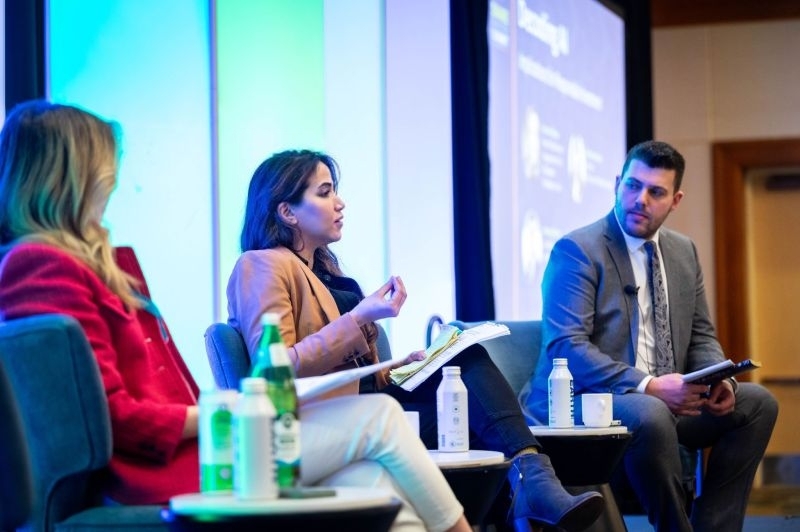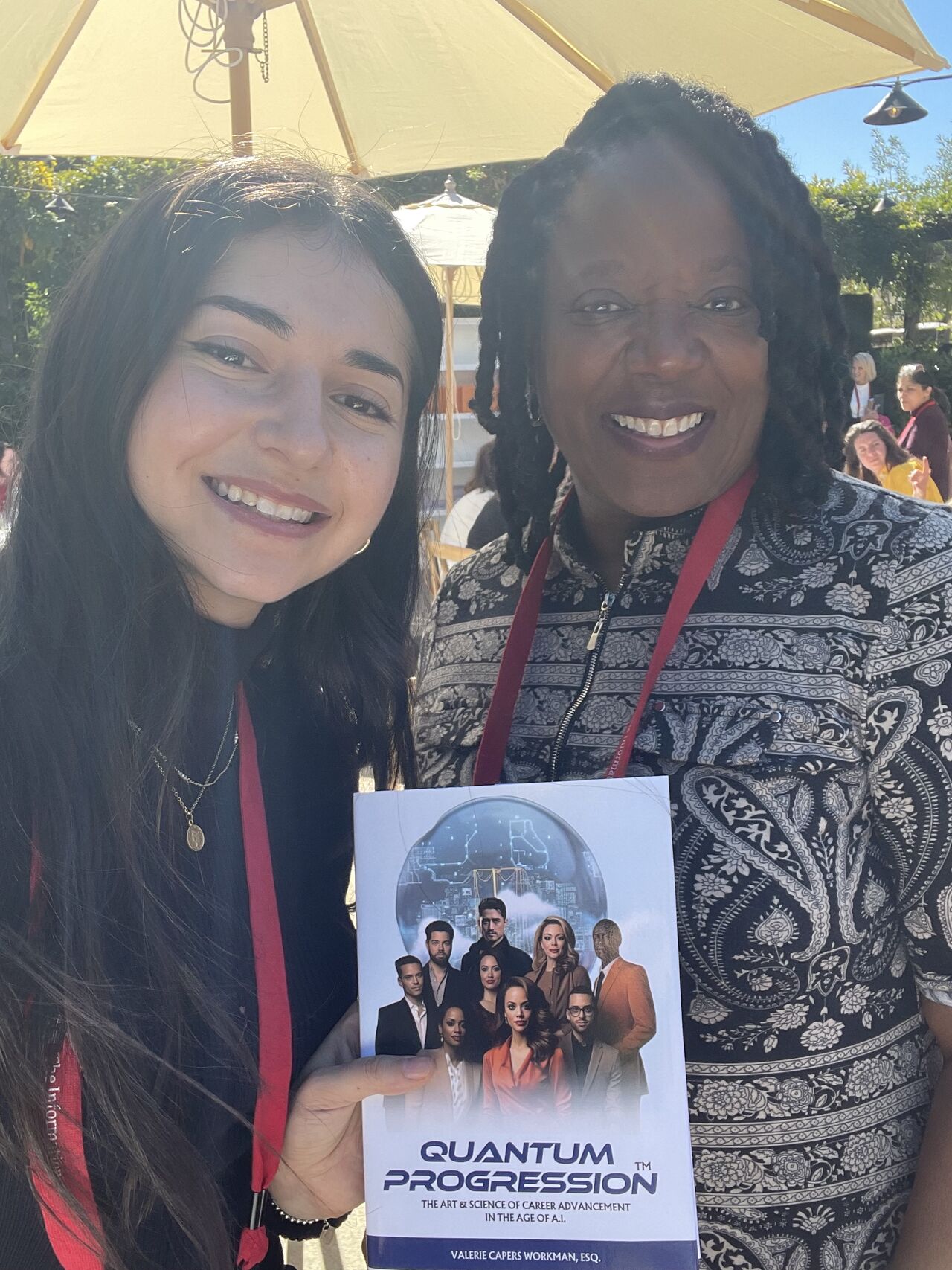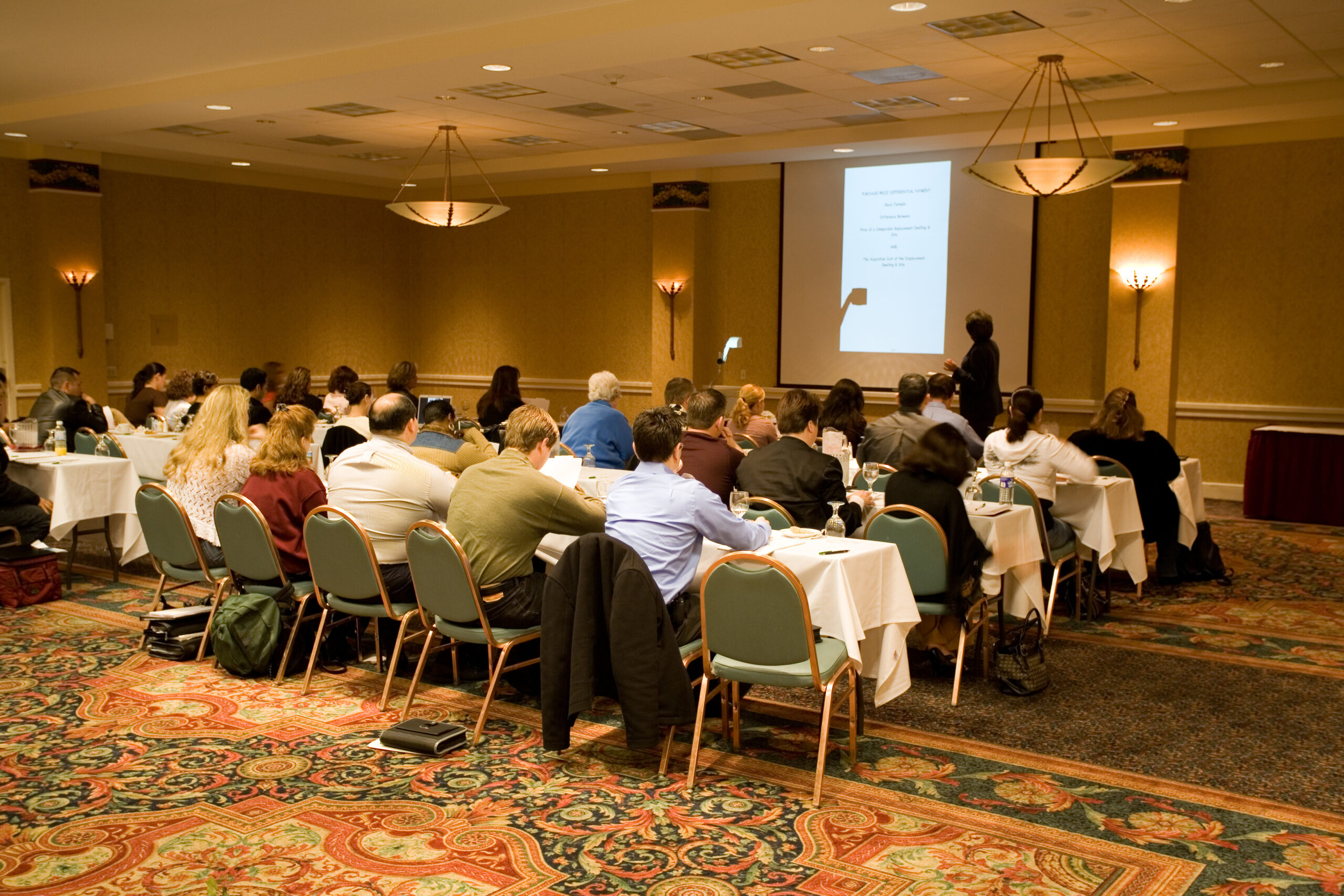February 14, 2024

In mid-February, a group of social workers and mental health providers from across the US expressed concern about the ways emerging tech trends, beyond AI, were impacting their work. They were concerned about how automation and workplace productivity technologies might affect the way junior workers are managed and mentored. And they were concerned about how their agencies’ adoption of such tech was negatively impacting their clients and patients, not to mention low morale among staff.
Such stories highlight a delicate balancing act between pre-existing workplace culture and practices, and the introduction of technology products that might shape them. In the rapidly evolving world of technology, striking a balance between innovation and human values is a challenge faced by businesses of all sizes. This challenge is not just about adopting new technologies, but also about understanding their impact on our work culture and practices.
The Future of Workers Initiative was launched to help investors, founders, executives, and employees understand and address such challenges posed by emerging technologies like AI in the workplace. The Initiative also offers workshops and leadership development programs to help workers and industry partners adapt to these changes. As leaders, it is crucial to understand these dynamics to create a more equitable and productive work environment.
Dr. Wilneida Negron, the driving force behind FOW, has a long history of working with businesses (big and small) on corporate governance, risk management, and responsible innovation:
“It was probably during my time as a therapist for youth in detention facilities and jails, I got a first-hand view of how systems and institutions can fail people, even with the best of intentions of the people in it. Then later on when I taught myself how to code as a way of leveraging technology for positive change, I also learned how technology adds another layer of complexity as well as possibility. Through my work with founders, investors, executives, and workers, I have seen that each has a critical role to play in harmonizing technology innovation with human values. As part of this initiative, we are trying to break down the silos that exist between these stakeholders.”
Founded in September 2023, the Future of Workers Initiative has conducted two national surveys, developed a baseline for workplace technology standards, interviewed workers across a range of industries, including law, human services, retail, and health, conducted workshops for investors and asset managers, and mentored startups addressing the future of work.

This post is the first of a regular blog series that will highlight workforce variables founders and executives need to keep in mind as AI becomes more embedded in day-to-day operations. Unlike other media in the AI blogosphere, we will include perspectives from both workers and industry leaders, aiming for a balanced comprehensive analysis. As we continue to navigate the future of work, it’s crucial for all stakeholders to work together to harmonise technology innovation with human values. Stay tuned for more insights in our upcoming blog series and get in touch if you have an idea for a case study or field interview.
